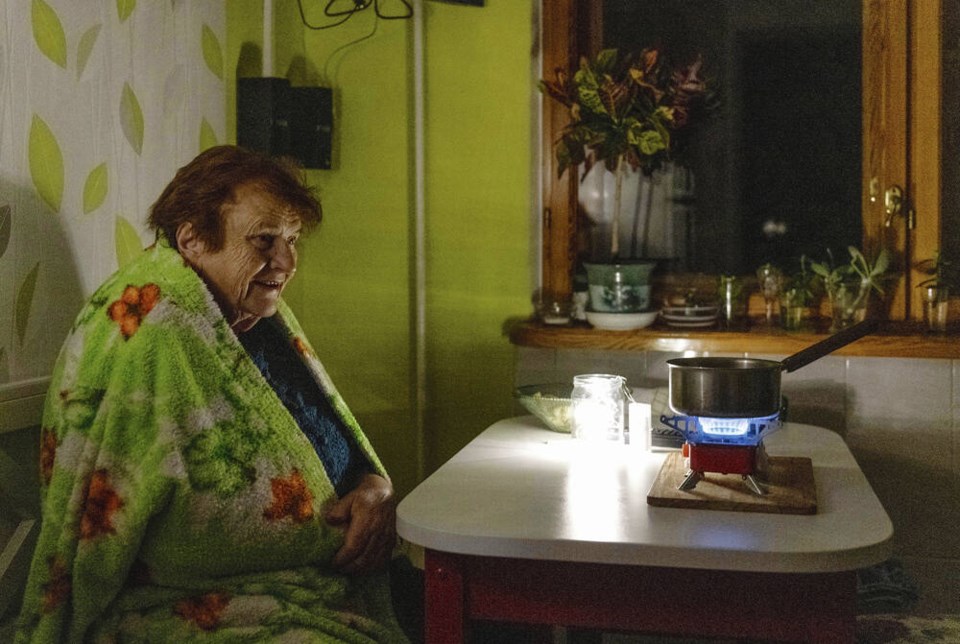It has been nearly three years since the pandemic stopped us in our tracks. At first, we paused, then we accepted and tried to navigate our “new normal.” Right now, it feels like we’re caught in between two time periods — living in a pandemic and attempting to recreate pre-pandemic times.
Events, parties, and outings are in full swing. Social-distancing stickers on floors in shops are not new and shiny, and people stand closer to each other in lines.
There was a perceived sense of camaraderie during lockdowns with the common phrase of “we’re in this together” marketed to us.
When we were first ordered to stay at home, it reminded me of a time I’d had major surgery and wasn’t able to work, drive or walk very far. I was stuck at home and felt like the world was passing me by. In lockdown, I knew it wasn’t just me and I found comfort in that.
As our lives speed up and we are back into hectic lives — of work, family commitments, travel, activities, and events and gathering — it’s easy to get sucked into the vacuum of only seeing things near us.
This week, I attended the Fundraiser Gala for Ukraine in Langford. A woman spoke from Ukraine on a screen to the group explaining that people in Ukraine worry that they are being forgotten, and people are watching the war from their screens as they might watch a film.
These words stuck with me. We’ve all felt alone and invisible at times in our lives. It’s not a good feeling and can lead to despair.
I learned that the children in Ukraine are back in school, but on a rotating schedule and the schools are not full at any given time. The reason for this is the bomb shelters in the schools are too small to accommodate all of the students.
Let that sink in. It’s sad and scary.
I spoke with people from Ukraine at the event. They shared how they felt supported by people in attendance, knowing they were there to spend an evening listening and learning.
I know that, in actuality, we were never truly “in this together.” There will always be things that segregate people and there will always be people suffering. Probably not something you might have expected to hear from an optimist.
As individuals, and even collectively, we can’t fix everything, and most tragedies in the world are far more complex than I could narrow down in a sentence or two.
Sometimes, we can contribute financially, and others show support by volunteering or connecting with people. We can do this beyond “sending thoughts and prayers.” It could be a heartfelt message, or another kind gesture that is authentic and meaningful. I can’t dictate what that looks like — for it to be authentic, it has to come from the heart, and that will look different for everyone.
Whether it’s Ukraine or other unthinkable events and circumstances that others face here or elsewhere, let’s take a moment and think about others, what we can do, how we can make a difference, and not get too caught up in our lives to forget we are global citizens.
I saw first-hand the appreciation people felt when they saw that people really cared. We all want to feel that we matter, we belong, and are valued. That is a gift we can give to others by our actions.
>>> To comment on this article, write a letter to the editor: [email protected]



